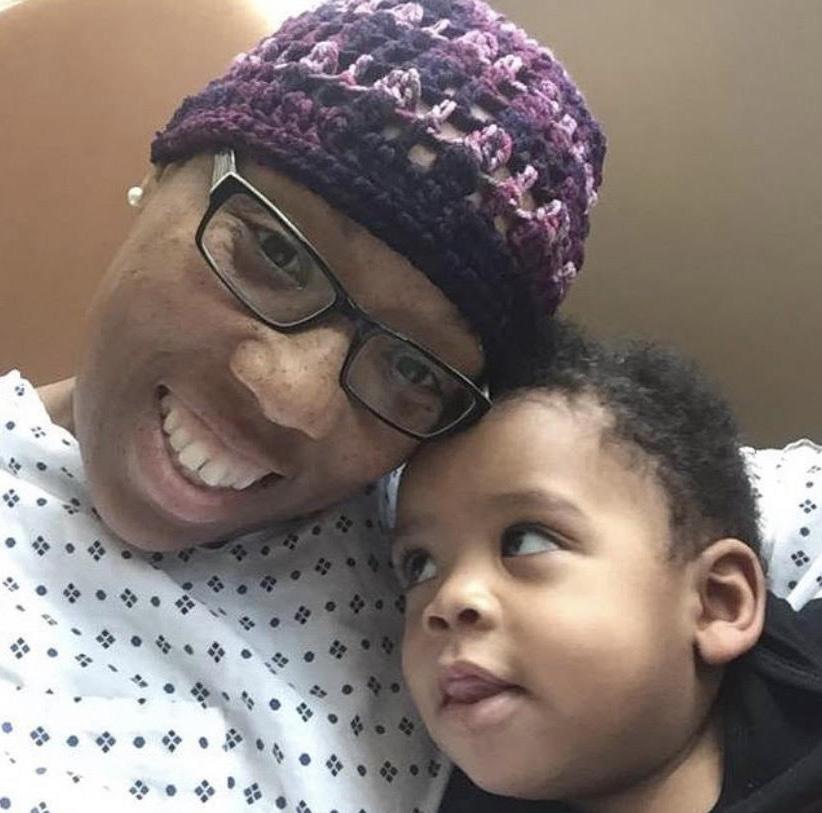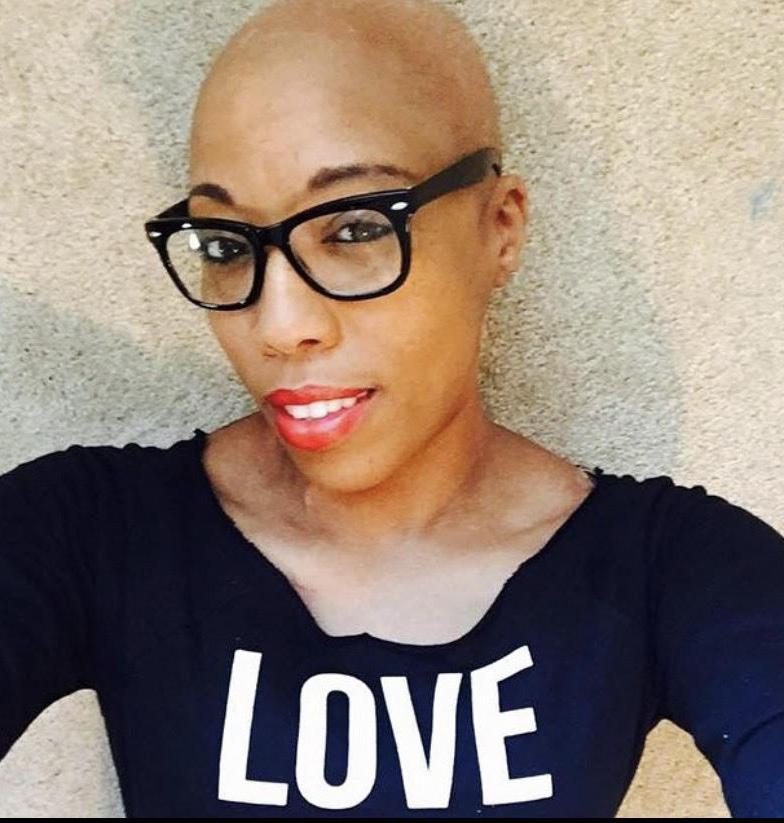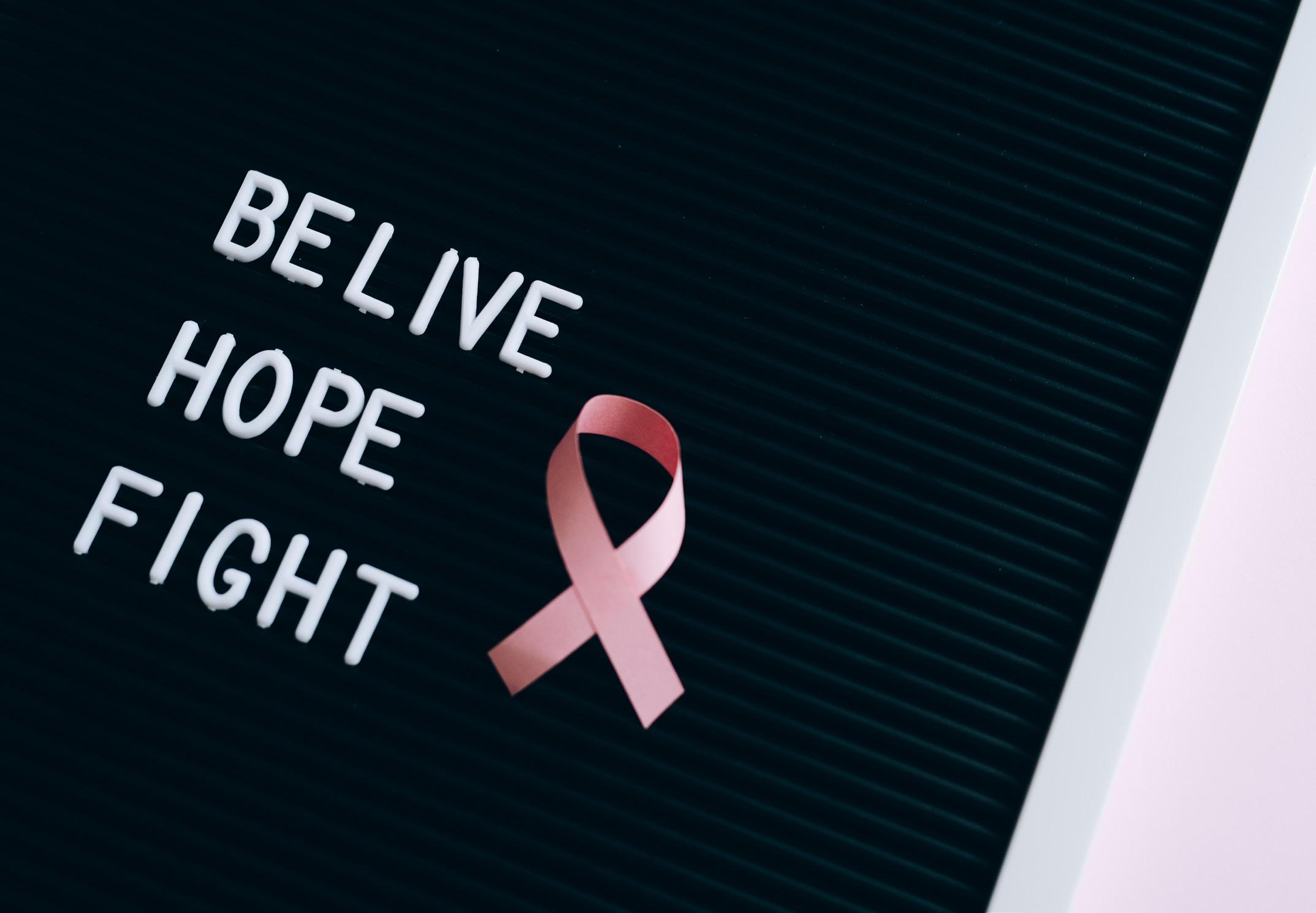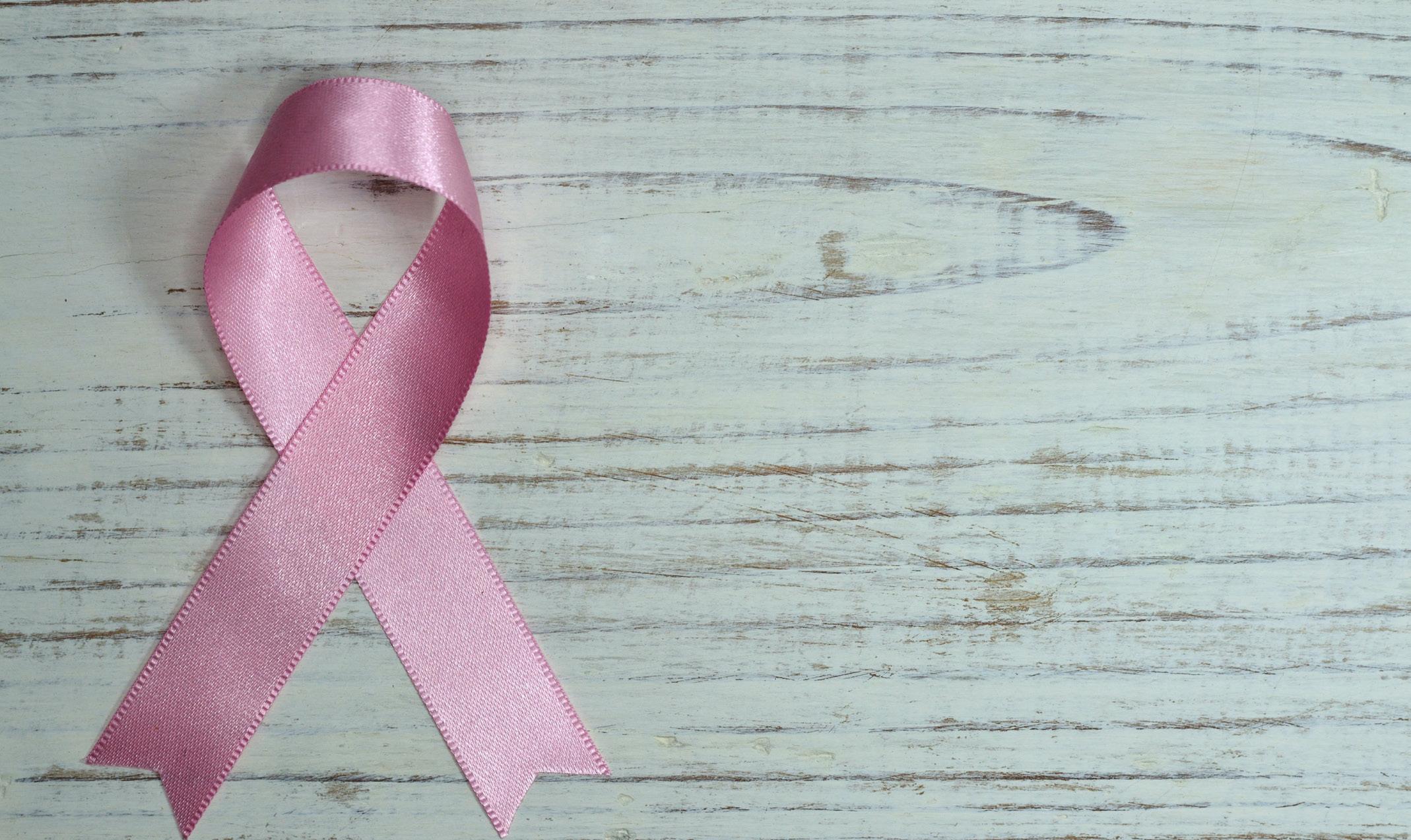
6 minute read
WHEN CANCER STRIKES TWICE
Breast cancer is the second most common cancer among women in the United States, according to the Centers for Disease Control and Prevention. Every year, more than 255,000 women are diagnosed with breast cancer. Unfortunately, 42,000 women fighting this battle die annually. Black women are impacted even more from breast cancer.
By Anika Thomas
Lenore Waterman Jackson’s life turned upside down while serving in Iraq in the middle of the war zone. It all started with some unusual symptoms leading up to the most terrifying thing a person can hear. She was diagnosed with cancer.
“Imagine hearing this diagnosis while in Iraq. In the middle of hostile fire while wearing a helmet and a flack vest and carrying an M-16 rifle and an M-9 handgun. I was in the middle of battle and another battle was brewing inside of me,” Jackson said.
The unfortunate turn of events started with a vaccine that she received at the time when she was deployed in Belgium at a mail collection facility of the North Atlantic Treaty Organization (NATO). Due to standard operating procedure, she was vaccinated with an anti-anthrax vaccine because the mail collection centers were more exposed to anthrax than any other place.
During her deployment in Iraq is when she began having abnormal discharge, bleeding and excruciating pain in her breasts. She was given initial medical care in a Mobile Army Surgical Hospital (MASH) unit. The mission of the MASH unit is to triage and get the service members back to mission-ready status.
Jackson was in for a surprise the day she went to the medics.
“I was immediately flown to Germany on a medevac helicopter, where I received my first diagnoses of breast cancer,” Jackson said. “Due to the circumstances, I was given two options, which were to remain in Germany and have a double mastectomy, recover and return to duty or go home. Of course, I went home.”
Two years later after doctors determined her cancer was Stage 1 and she received a good prognosis, Jackson made a life-changing decision to have a double mastectomy.
“While a heavy decision to make, once I had the surgery, I was told that I would be good. No more cancer. Not in remission. Just no more cancer. It was the best news I could ask for,” she said.
She compromised one of her most precious body parts to win that battle against cancer. With a warrior spirit, she felt she had defeated cancer. But the story of her plight does not end here. Cancer came back after four years in 2016, and this time with more vigor and intensity.

“I felt a lump in be right breast and for months, I ignored it. I didn’t think anything of it because I didn’t have any breasts. I resolved in my mind this was nothing to be worried about. But after the pain began to worsen, I decided to go get checked.”
Jackson said that according to her oncologist, the recurrence of the disease was one of the rarest incidents to happen. But yet it was there, and this time, it was invasive and of Stage 2.
Jackson’s second encounter with cancer was killing her as a woman because the cancer was being aggravated by hormones like progesterone and estrogen. It was a difficult war to fight, let alone winning. Jackson knew this time the battlefield was her body, and the battle was in her mind. She has to win this in her mind first in order to actually defeat cancer.
Jackson’s daughter, Kai E. Cobb, said her mother’s fight inspired and motivated her to reach her life goals.
“My mother’s strength taught me that I can accomplish anything with a positive attitude,” Cobb said. “Her spirit during her fight was inspiring. Her fight has shaped the way I view the world, and her strength has been transformative in shaping me as a person and an epidemiologist.”
Jackson recalls that while she was fighting for her life and looking for answers, Disabled American Veterans Charity, one of the nonprofit charities that provides a lifetime of support for veterans of all generations, found some answers.
An article published by Disabled American Veterans Charity in May 2016 shares the story of another war veteran’s plight and her research about what can be the underlying cause.
Dr. T. Danielle Russell, an Air Force servicewoman, said in her article that her research uncovered connections of the plastic water bottles used by all U.S. personnel in Iraq to cancer. These bottles were made of polyethylene terephthalate (PETE or PET), containing a compound called carcinogenic.
These bottles, generally considered okay at moderate temperatures, traveled across Iraq for weeks in grueling heat. Dr. Russell further explained that when these bottles are exposed to heat, they can exhibit cancer-causing hormones.
In the article, Dr. T. Danielle Russell goes on to explain that there is also statistical evidence between receiving the full, 10 series, anthrax vaccination and the development of numerous cysts, especially breast cancer.
Jackson’s battle with cancer was long and rigorous. She had to cope with cancer every single day, and her mantra was, “You win it in your mind first.”
During her second cancer journey, she decided to share it on social media to encourage and motivate others. She would regularly post quotes, thoughts and pictures from her chemotherapy treatments.
“I took pictures with my family supporting me with my bald head. I even showed pictures of me having a pole dance with the monitor pole and several bags of chemotherapy medications. This was my way of coping,” Jackson said.

She wanted to make it seem like a piece of cake for those who were fighting the same battle. However, throughout her journey, she also had some very bad days when she would be angry, scared and wanted to give up.
“I cried. I screamed. I asked God, ‘why me.’ But I had far fewer of those days than I did of the days I posted about.”
Today, Jackson, a retired Air Force veteran, is still fighting. She still takes oral chemotherapy.
“I am still a cancer patient, and I still believe, ‘you win it in your mind first.’ Every year, 255,000 cases of breast cancer are diagnosed in women compared to the 2,300 men. Forty-two thousand women fighting this battle die annually, and women who look like me, black women, are impacted harder than our counterparts.”
Jackson added, “If you apply the statement, ‘you win it in your mind first,’ to the challenging things in your life, you will change your thoughts about how you will approach them. Cancer lost the battle against me two times. I am not a survivor; I’m a fighter.”


